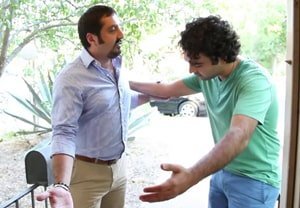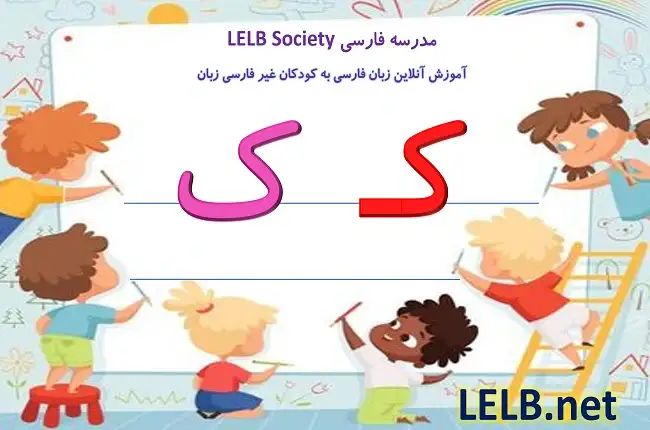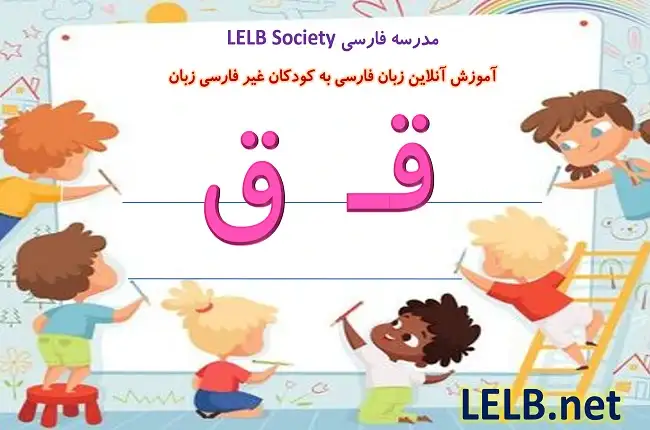Taarof Phrases in Persian
Taarof Phrases in Persian
Definition of Taarof from Wikipedia
Taarof (also transliterated as Taʿârof or Tarof; Persian: تعارف) is a Persian word which refers to an Iranian form of civility emphasizing both deference and social rank. It encompasses a range of social behaviors; one example of taarof could be described as posing false invitations and promising future services or deeds to primarily strangers or distant relatives and expecting them not to take the offer and keep declining it. Taarof more often works in a totally opposite way. For example, an absolutely desired object/person/offer may seemingly be refused while deep inside is demanded and wished. For instance, young Persian ladies may never express their passion to a potential lover, while they expect the person of interest to remain consistent in expressing love and posing. This also applies to objects, especially food, which are offered to individuals as a favor or even a donation, and Taarof dictates individuals to refuse the favors/donations no matter how badly they are needed. The refusing individual expects the object (or the favor) to be left for his/her benefit instead of directly receiving it. However, the closer two people get in a relationship, the less taarof appears in their behavior towards one another.
Examples of Taarof in Persian language and culture
میزبان: بفرمایین، چیز قابل داری نیست.
برای تشکر از میزبان: دست تون درد نکنه، همه چی عالی بود، خیلی خوشمزه بود، خیلی زحمت کشیدین، چي بهتر از اين، همیشه خونتون گرم و سفرتون پر برکت، ببخشید که زحمت تون دادیم، سفره تون همیشه باز باشه
در پاسخ به تعارف مجدد غذا: اگه سیر باشیم می گیم: ممنون صرف شد، کافیه، خدا برکت بده
آمدن کسی از سفر: رسیدن بخیر، خوش آمدین
برای تشکر کردن: تشکر، لطف کردین، محبت کردین، ممنون از لطفتون، قابلی نداشت، مرسی عزیزم، قربونت، لطف شما رو می رسونه، ممنون از محبت تون، فدات بشم، لطف داری
در پاسخ به چه خبر: خبر سلامتی، خدا رو شکر همه چیز خوبه، خبر خاصی نیست
سلام و احوال پرسی: مشتاق دیدار، چهخبرا، خوش حالم از دیدنتون، پسر/ دختر گل تون چطوره؟، خانواده خوبن؟، چه کار می کنید با زحمت های ما؟، احوال شما؟
وقتی بعد از مدت طولانی آشنایی رو می بینیم: خبری نمی گیری، کم پیدا شدی، سرت شلوغ شده و کم تر به ما سر می زنی، قبلا باوفا تر بودی، پارسال دوست امسال آشنا، چی شد سری به ما زدین؟
عیادت مریض: بلا بدور باشه، ایشاله زودتر خوب بشین، امیدوارم زودتر کسالت تون رفع بشه، خدا بهتون سلامتی بده
دنیا آمدن بچه: قدمش خیر باشه، ایشاله نامدار بشه براتون، خدا حفظش کنه، قدم نورسیده مبارک باشه
موقع خداحافظی: «به سلامت، به همه/ خانواده سلام برسونین»، به امید دیدار، «خوش گذشت تا بعد خداحافظ»، «کاری ندارید؟ مواظب خودتون باشین، خدانگهدار»، با اجازه تون خداحافظ، بازم تشريف بيارين، هر وقت خواستي بازم بيا، تشریف داشتین دیگه، شب می موندین، با اجازه تون رفع زحمت کنیم، دیگه یواش یواش بریم دیگه، بزرگی تون رو می رسونم (در جواب سلام برسونید)
سایر: خجالتم ندين، زنده باشین انجام وظیفه کردم، اختیار دارین، نظر لطف شماست، قابلی نداره، مزاحم نمی شم، شما اول بفرمایین، منزل خودتونه، دوستان به جای ما، قدم تون روی چشم




We respond to all comments immediately. View the 30 newest comments and new topics in forums.